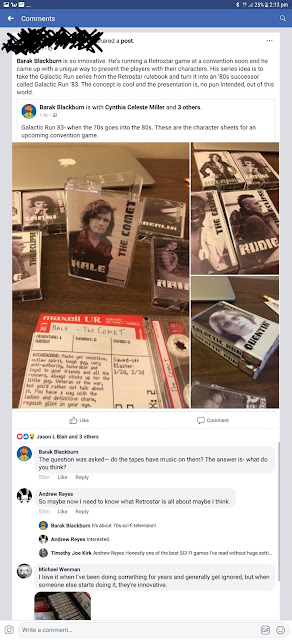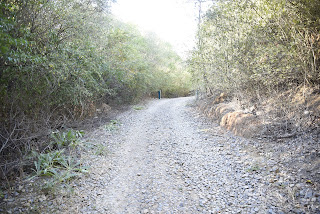Inktober 2018

I'm going to try to challenge myself again this year with Inktober. Some years I do it and stick to a theme for my images, some years I pick two of the variant Inktober lists and try to combine the prompts into a single image. This year I'm going to go with that second option. Here's the official list... ...and here's the unofficial list I'll be combining with it. Hopefully I'll get an image done every day for the month, but I don't know what this month has in store yet.







